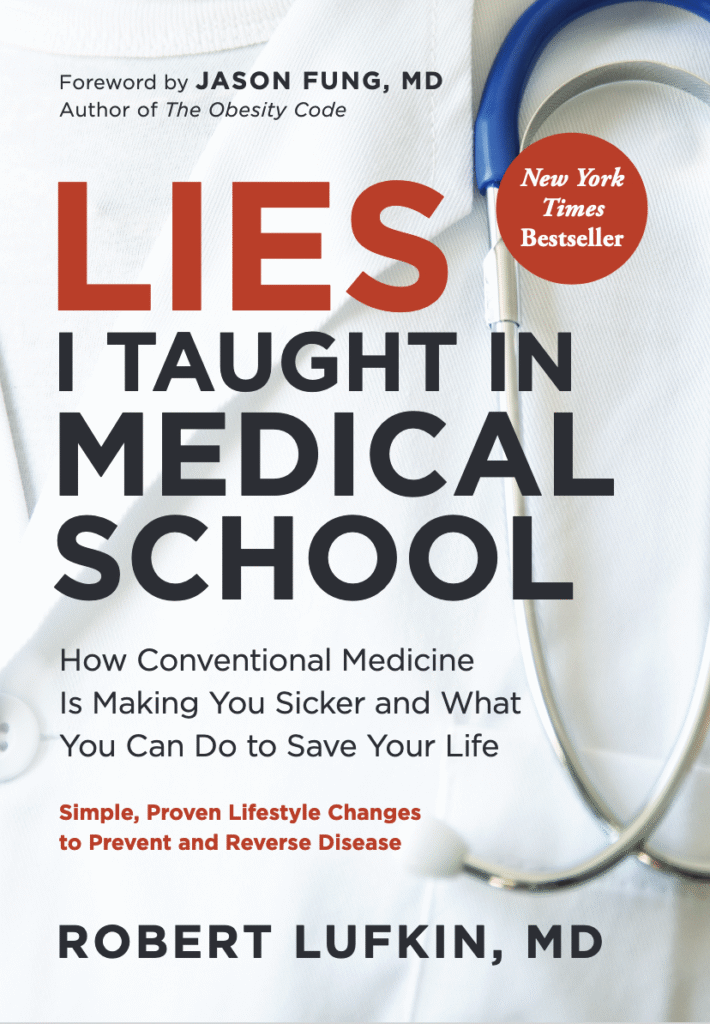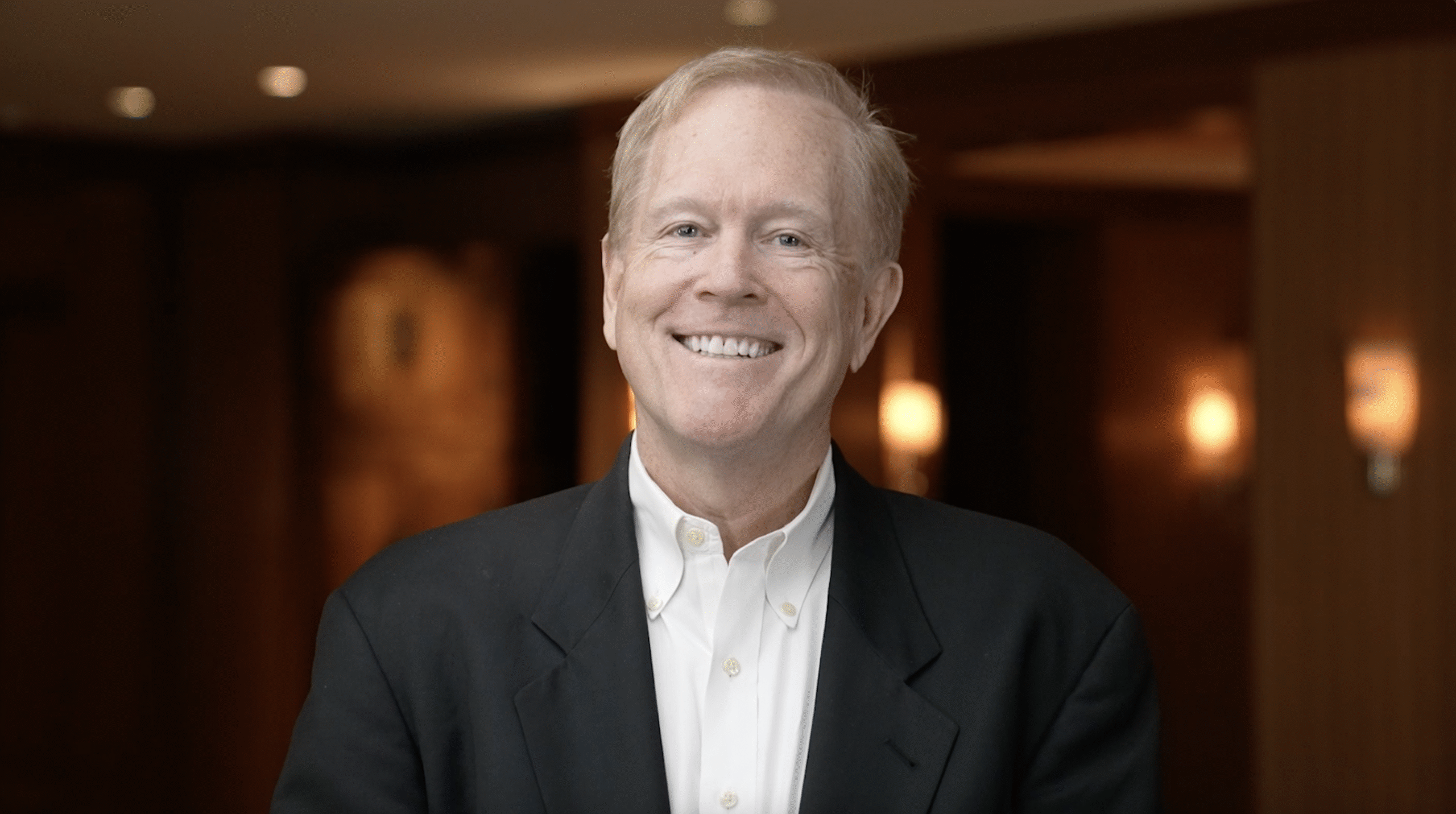1. Dr. Lufkin, your new book Lies I Taught in Medical School is a bold title—what was the turning point that made you question the very foundations of what you once taught?
The real turning point came when I began seeing chronic diseases—diabetes, obesity, Alzheimer’s—affecting not just my patients, but my own family and colleagues. I realized that despite decades of “evidence-based” treatment, we weren’t curing these conditions—we were managing decline. It forced me to look beyond the textbooks and ask: what if the system is wrong about the root causes?
2. You’ve had a long, respected career in academic medicine—what was the reaction from your peers when you began advocating for nutrition-based approaches like keto and carnivore?
Let’s just say it was… mixed. Some colleagues were curious, even quietly supportive. But many dismissed it outright—because it challenged the pharmaceutical-first model we were all trained in. Academic medicine doesn’t reward paradigm shifts—it punishes them. But the science and patient outcomes spoke louder than the criticism.
3. What drew you personally to the carnivore diet, and how did it challenge or confirm what you thought you knew about human health?
I came to carnivore as a skeptic. But when I tried it—initially as an experiment—it was like flipping a switch. Energy, clarity, joint pain—all improved dramatically. That led me down the rabbit hole of evolutionary biology, food toxins, and metabolic disease. What I once dismissed as “fringe” turned out to be biologically sound and clinically powerful.
4. Are you a strict carnivore yourself, or do you allow room for variation? And when you do go off-plan, what does a “cheat” look like for you?
I’m not dogmatic. I follow a meat-based, low-carb lifestyle most of the time, but occasionally I’ll have some berries or dark chocolate. I don’t even like the word “cheat”—it’s about understanding what your body can tolerate and what helps it thrive.
5. You’ve seen countless patients over the years—what common patterns or root causes of disease finally clicked for you as being lifestyle- or diet-driven?
The link was undeniable: poor metabolic health was at the core of almost every chronic disease we see today—heart disease, diabetes, cancer, even neurodegeneration. And the real tragedy? It was largely preventable. But we weren’t taught that. We were trained to treat the downstream effects, not address the root cause.

6. One of your key messages is that much of what we consider “normal” in aging—chronic illness, fatigue, brain fog—is actually optional. Can you explain what you mean by that?
We’ve normalized dysfunction. We expect to slow down, lose our memory, and take five prescriptions by age 60. But that’s not normal—it’s common. There’s a big difference. When people clean up their diet, manage stress, move intentionally, and sleep well, their bodies often rebound in ways that seem miraculous—but are actually just biology working the way it’s meant to.
7. As both a physician and a podcast host, you talk with some of the brightest minds in health—what’s the most surprising insight you’ve learned from a guest that made you rethink your own views?
One that stands out is when Dr. Chris Palmer discussed the metabolic origins of mental illness. It reframed how I think about psychiatric disorders—not as isolated brain diseases, but as systemic dysfunctions rooted in mitochondrial health. That connection changed everything for me.
8. Carnivore is often called “extreme” by critics. How do you respond to concerns about missing fiber, plant nutrients, or long-term risks?
What’s actually extreme is the modern diet—processed, sugar-laden, and loaded with chemicals our ancestors never consumed. As for fiber and plant nutrients, the clinical evidence supporting their necessity is surprisingly weak, especially when you remove inflammatory foods. I don’t claim carnivore is for everyone, but dismissing it outright ignores the growing number of people it’s helping.
9. You’ve spent years treating disease—what’s the biggest lesson you’ve learned about creating true health?
True health isn’t created in the doctor’s office—it’s built in your kitchen, your mindset, and your daily habits. Medication can be helpful, but it’s not the foundation. Healing comes from restoring the body’s ability to regulate and repair itself.
10. What do you hope readers will walk away with after finishing Lies I Taught in Medical School? And what lie do you think is still doing the most damage today?
I hope readers walk away empowered—with the knowledge that they have far more control over their health than they’ve been told. The most damaging lie? That chronic disease is inevitable, and that the best we can do is manage it. That’s not just false—it’s fatal.

Leave a Reply